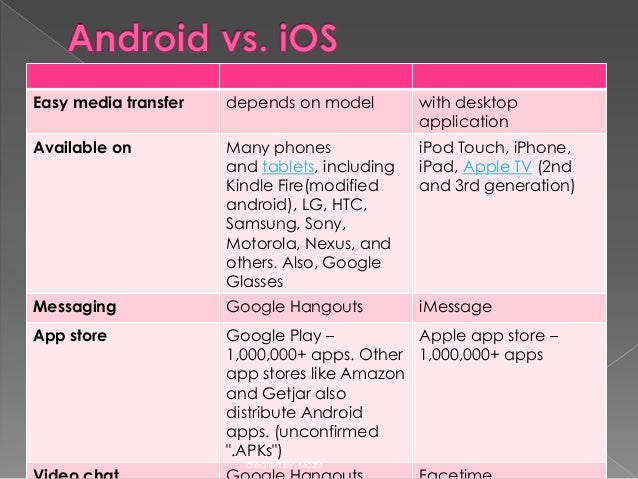The following are the system requirements for installing the JDK and the JRE on macOS:

Linux Java Home
Any Intel-based computer running macOS.
Administrator privileges.
You cannot install Java for a single user. Installing the JDK and JRE on macOS is performed on a systemwide basis for all users. Administrator privileges are required to install the JDK and JRE on macOS.
When you install the JDK, it also installs the JRE. However, the system will not replace the current JRE with a lower version.
To determine the current JRE version installed on your system, see Determining the JRE Version Installed on macOS. To install an earlier version of the JRE, you must first uninstall the current version. See Uninstalling the JRE on macOS.
When you install the JRE, you can install only one JRE on your system at a time. The system will not install a JRE that has an earlier version than the current version.
To determine the current JRE version installed on your system, see Determining the JRE Version Installed on macOS. To install an earlier version of the JRE, you must first uninstall the current version. See Uninstalling the JRE on macOS.
Note:
Installing a JRE from Oracle will not update
java -versionsymlinks or addjavato your path. To do this, you must install the JDK.
Linux Java Version

Linux Java Ide
Under Oracle Java, only a single version of the JRE can be installed at a time. See Installing the JRE on macOS. To access the Java Control Panel, in the System Preferences panel, click the Java icon. If you don’t see the Java icon in the System Preferences, in the Other section, then you do not have an Oracle. Download free programs and games for Windows, Mac, Linux or Mobile. Read our Editors' Reviews, How-Tos, Tech Tips & Tricks. Install the Java SE Development Kit 11, either from OpenJDK or Oracle. Many Linux distributions (such as Ubuntu 18.04 or 20.04) include OpenJDK 11 by default, so you can skip this step. Otherwise, use your Linux distribution’s package manager (see the first FAQ) to install OpenJDK 11. For example, here are the commands for Ubuntu 16.04.





